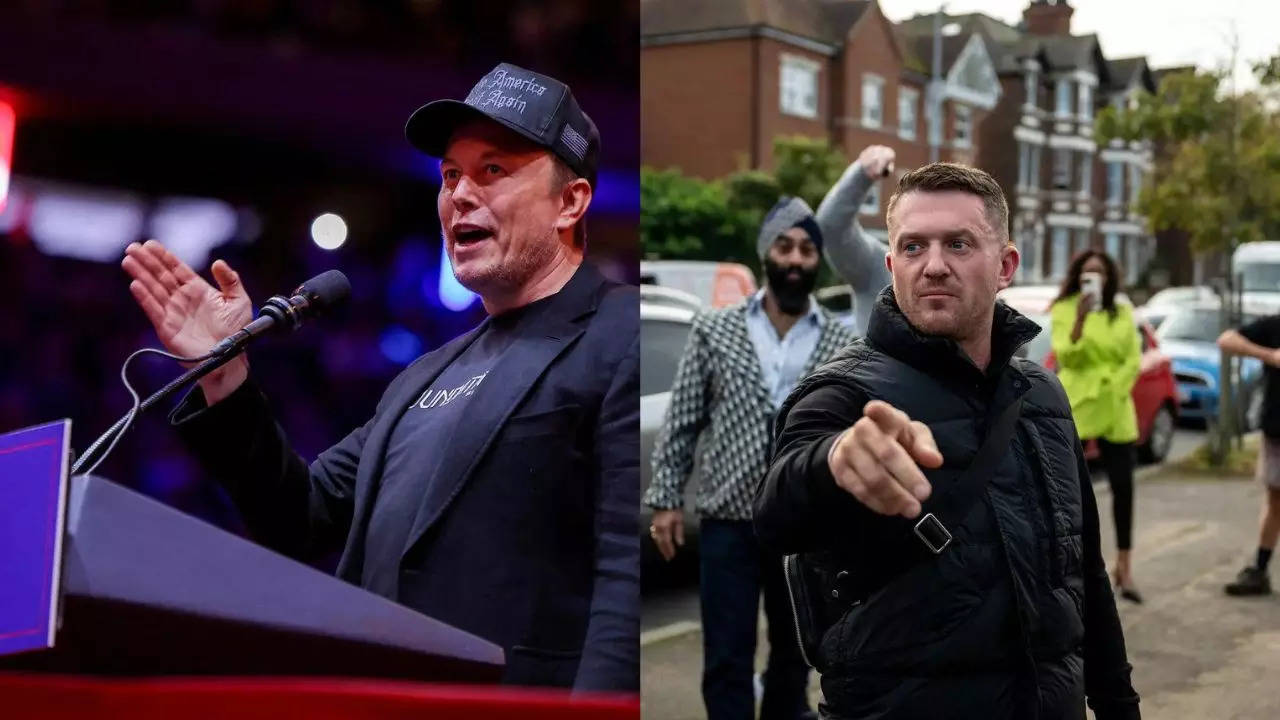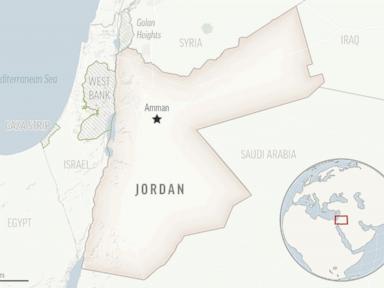ARTICLE AD BOX

Australia has taken the lead in launching the world's first social media ban for teenagers under the age of 16. Usually the word ‘ban' awakens a mob on social media waxing eloquent about democracy and freedom of choice, this time around, people are rather confused.
The hesitation to not immediately oppose it makes sense, especially to those who have children. Parents are a worrisome bunch. To my mother, for instance, a missed call may as well be a signal from the universe declaring me dead. Such anxieties are exacerbated in the age of the internet, of social media, and of never-ending ‘doomscrolling'.
Is It Parents Or Internet?
It's not entirely unjustified either. A simple Google search of ‘teen dies by suicide because of social media' is enough to paint a picture of what social media brings to our children: bullying, harrassment, insecurities, peer pressure, unrealistic standards. To make matters worse, we now have chat bots. Last month, a 14-year-old boy shot himself, believing he was ‘going home' to the love of his life, an AI bot. The leaked chats between the bot and the boy indicated that the former's language may have played a part in leading the impressionable teen to take his own life. However, many on social media blamed the parents.
Questions were raised: Why couldn't the parents see the warning signs? Were there some underlying mental health issues? The online mob was divided. One section wanted stricter regulations for AI and chatbots. Others, who contended that AI was bound to become an integral part of our lives, pointed to the callousness of the parents, who later admitted that their teen son did look distressed at times and didn't have many friends. Both sides were right and wrong in equal measure.
Parenting or lifestyle magazines these days are flush with articles targeted towards parents of young adults or prepubescent children, warning them about how social media is harming their child. They have some great suggestions: limit screen time, put parental locks, invest more in offline activities or simply talk to the children. These are all good points but with little practical impact. What about when parents themselves are addicted to social media?
A Complicated Ban To Enforce
Australian Prime Minister Anthony Albanese said about the social media ban proposal that it was for the ‘mums and dads' who were always worried about social media. Great. But there are pitfalls too.
Though the proposal claims ‘parental consent' would not change this universally applicable law, it doesn't specify what happens in cases where a family of vloggers or bloggers has kids featuring in their content. The proposed law bans a child from registering on social media platforms, but all of that is meaningless if the child is being used by a parent for engagement. Such children are exploited by their parents for their social media content: bathtime, meals, family conversations, or even relatively private phases is all fair game for parents. Will Australia propose a regulation for this sector?
Second, it is unclear how the tech platform will regulate the ban. I was on Orkut when I was 13. Let's say social media platforms demand ID proof, can the child not provide forged documents? Let's say the platforms are asked to verify posted pictures. But what if the child never posts anything and just uses social media to consume content, in the process getting insidiously influenced by it?
Bans don't usually work. If anything, a banned product, in the absence of adequate enforcement, ends up becoming a guilty pleasure for most. It's the sine qua non of the great teenage rebellion. It's time lawmakers the world around understood that when formulating laws for the young.
(The author is Assistant Producer, NDTV)
Disclaimer: These are the personal opinions of the author
.png)
 1 week ago
1
1 week ago
1








 English (US)
English (US)